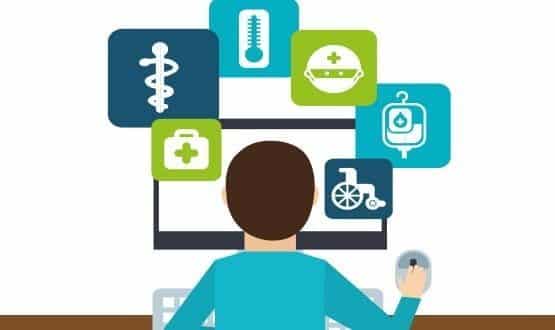GP video subscription apps will come under increased regulatory scrutiny next year, as the number of companies offering remote consultation continues to grow.
However, the services could get a new door into the NHS through the app library scheduled to open next year.
In a statement provided to Digital Health News, the Care Quality Commission said it was looking a setting up a “comprehensive inspection programme” for these digital primary care service by next April.
GP video subscription services, such as Dr Now and Babylon, provide users with on demand video consultations with GPs for a flat subscription or pay-per-appointment fee.
Some people have expressed concern that the services represented a backdoor privatisation of parts of the NHS, or at the very least a cherry picking of the healthiest patients, while leaving the NHS to care for the sickest.
However, others have argued the services, or an NHS version of them, could dramatically cut health service demand while providing a more convenient service for patients.
Currently while individual GP or practices that provide remote phone or video consulting have had to be registered with the CQC, these new digital platforms that link doctors with patients have not been directly regulated.
But with a small but growing number of GP practices now providing these non-NHS digital services to patients and the government keen to promote the wider use of remote digital care, these services are garnering increasing attention
During a presentation at the UK Health Show last Wednesday, Public Health England’s deputy director of digital, Diarmaid Crean, said he had already been approached by digital GP service Babylon about an app library endorsement.
“We specifically looking at a number of apps in that space.”
Crean said because apps like Babylon were a service, they would more difficult to assess than apps with narrower function, such as a smoking cessation app.
“We understand that CQC specifically are best placed to do a service assessment when we get to that stage.”
Crean said the market for good health apps was broken and the library and related endorsement process currently being developed was intended to cut through the more than 200,000 health apps out there and find the good ones.
“There are loads of really horrendous ones and nobody is really helping at the moment.”
Public Health England would not be assessing thousands of apps for library, but rather endorsing a handful a “good” apps that could be scaled across the NHS.
For apps that were considered particularly useful within the NHS, they might be bought from the developer or be NHS branded, he said.
“When you put an NHS logo on it…people just download them in a heartbeat.”
Want a more in-depth look at GP video consultation services? Read today’s Digital Disruptor column.

